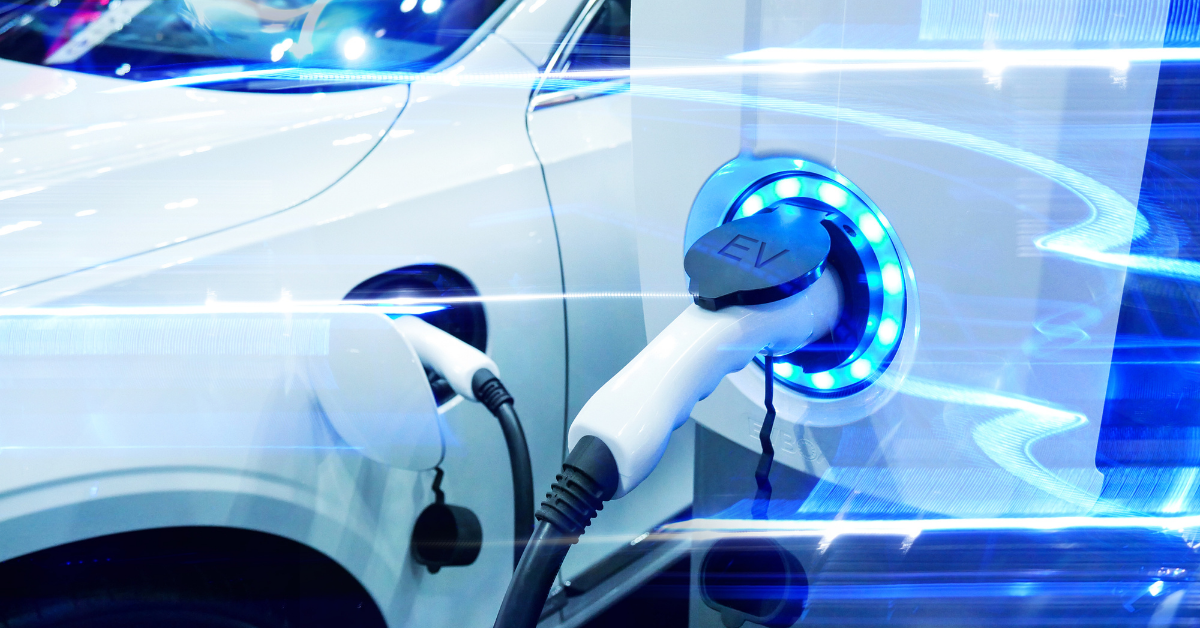Over a third of consumers say they’re unlikely to get an electric vehicle in the next five years says Ofgem report
As Ofgem splash out £300 million into expanding the UK’s EV charging network a new report has revealed the scale of the challenge it, energy suppliers and the government are facing when it comes to convincing consumers to ditch their diesel and petrol cars.

Resistance to Evs remains
The data released ahead of Ofgem’s COP26 ‘green, fair future’ campaign has for some reason been hailed as evidence that more people are in favour of adopting Evs by the regulator and several news outlets. However, if you delve a little deeper it actually shows the huge challenge industry still faces when it comes to convincing consumers to adopt Evs.
Whereas many outlets are running with the headline that the data shows that 1 in 4 (24%) consumers surveyed intend to get an EV in the next few years, the true story is that the data also shows that over a third (38%) said that they are unlikely to get one.
The main reasons cited by those resistant to getting Evs include concerns over how expensive they are (59%), worries over a lack of charging infrastructure (36%) and worries over the life of the batteries used and the range of the Evs (38%).
Recent data releases have shown that EV numbers are on the rise but the headlines hailing record sales can be deceiving as when compared to new petrol and diesel sales the numbers are tiny.
Ofgem and the government have their work cut out to convince consumers (many of whom have been hit financially as a result of the Covid-19 pandemic and rising energy prices) to buy pricier cars before the 2030 ban on new diesel and petrol vehicles.
Also read: 5 Ways Energy Suppliers Can Help EV Owners
Huge Investment
To help convince consumers to adopt Evs, the energy regulator has announced millions of pounds worth of investment into improving infrastructure.
“As more consumers make the switch to electric vehicles in the next five years, Ofgem will be announcing millions of pounds of investment to create a more flexible energy system to support the electrification of vehicles, renewable generation and low carbon forms of heat.
“Securing the investment is only half of the answer. Climate change can only be tackled if consumers are engaged in the process. For this to happen the transition to a low carbon economy needs to be fair, inclusive, and affordable.
“Energy regulators have a key role to play in delivering this transition and we will be seeking to work with regulators across the world in the run up to the COP26 climate change talks to develop proposals that benefit consumers and the planet,” said Jonathan Brearley, Ofgem’s chief executive.
To this end Ofgem has invested £300 million into expanding the nation’s charging network. The money will lead to the installation of 1,800 new charge points at motorway service areas and key road routes. An extra 1,750 charge points will be installed in towns and cities across the country.
“This £300m down payment is just the start of building back a greener energy network which will see well over £40bn of investment in Britain’s energy networks in the next seven years,” Ofgem chief executive Jonathan Brearley said.
“In the year that Glasgow hosts the COP26 climate summit, the energy networks are rising to the challenge and working with us and partners to accelerate projects that can start now, benefiting consumers, boosting the economy and creating jobs,” added Brearley.
Also read: What do Energy Supply companies need to consider when selling Electricity to EV owners?
Are you looking to join the energy supply market? Dyball Associates gives energy companies the option to enter the UK market by purchasing an off-the-shelf supply business or by using our energy market consultancy services to create a new one. We specialise in both gas and electricity market entry and draw on over 25 years of experience to deliver the optimum route to market.
Further Reading
Over half of UK Energy Suppliers were targeted by hackers last year claims new report
Gas Boilers should be banned from 2025 says the International Energy Agency
Dyball Associates are proud to help new supply businesses successfully launch in the UK market.
Through our energy market consultancy services, and the software we've developed, we're supporting new UK electricity and gas suppliers get set up and start supplying.
Follow us on LinkedIn to keep up to date with the latest news and updates in the energy industry.




